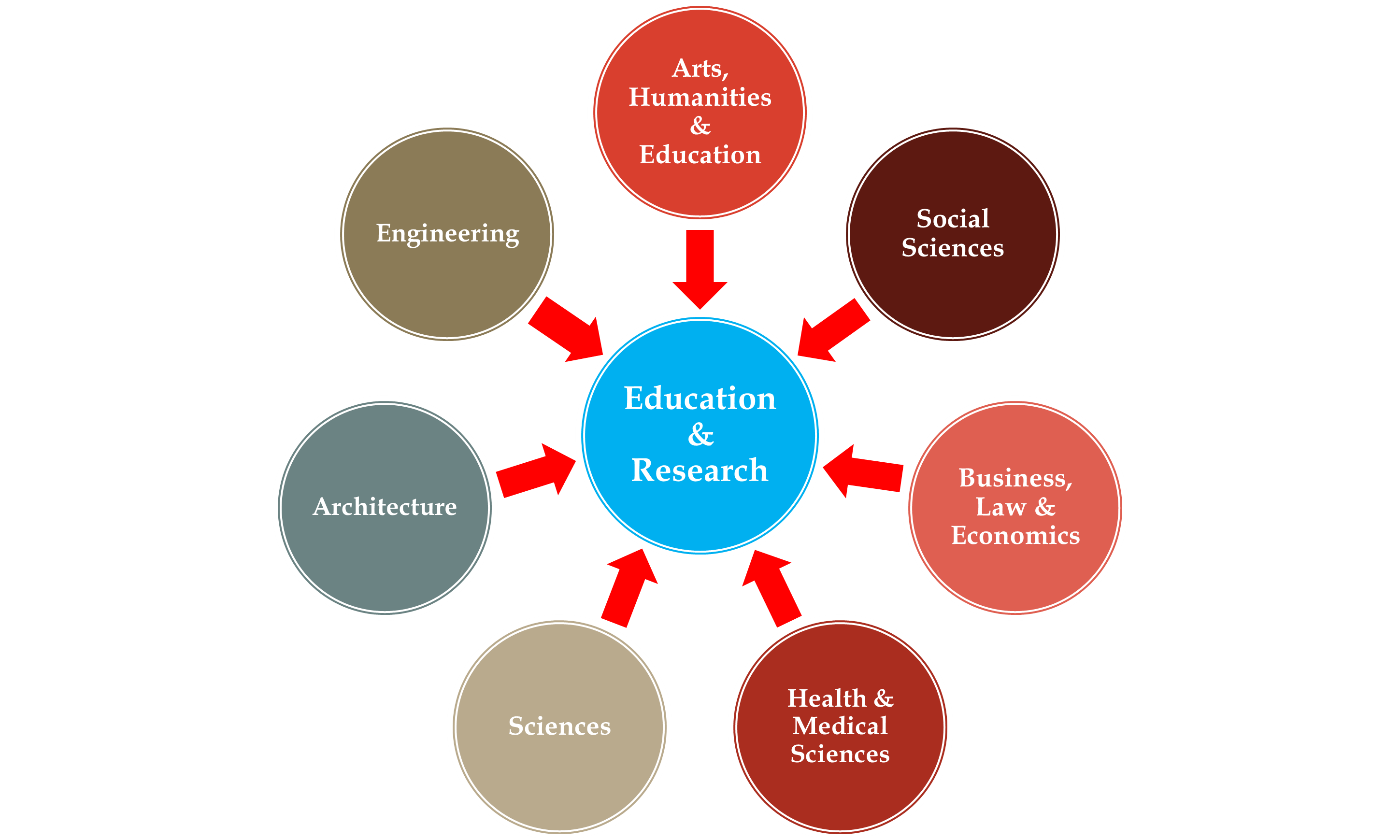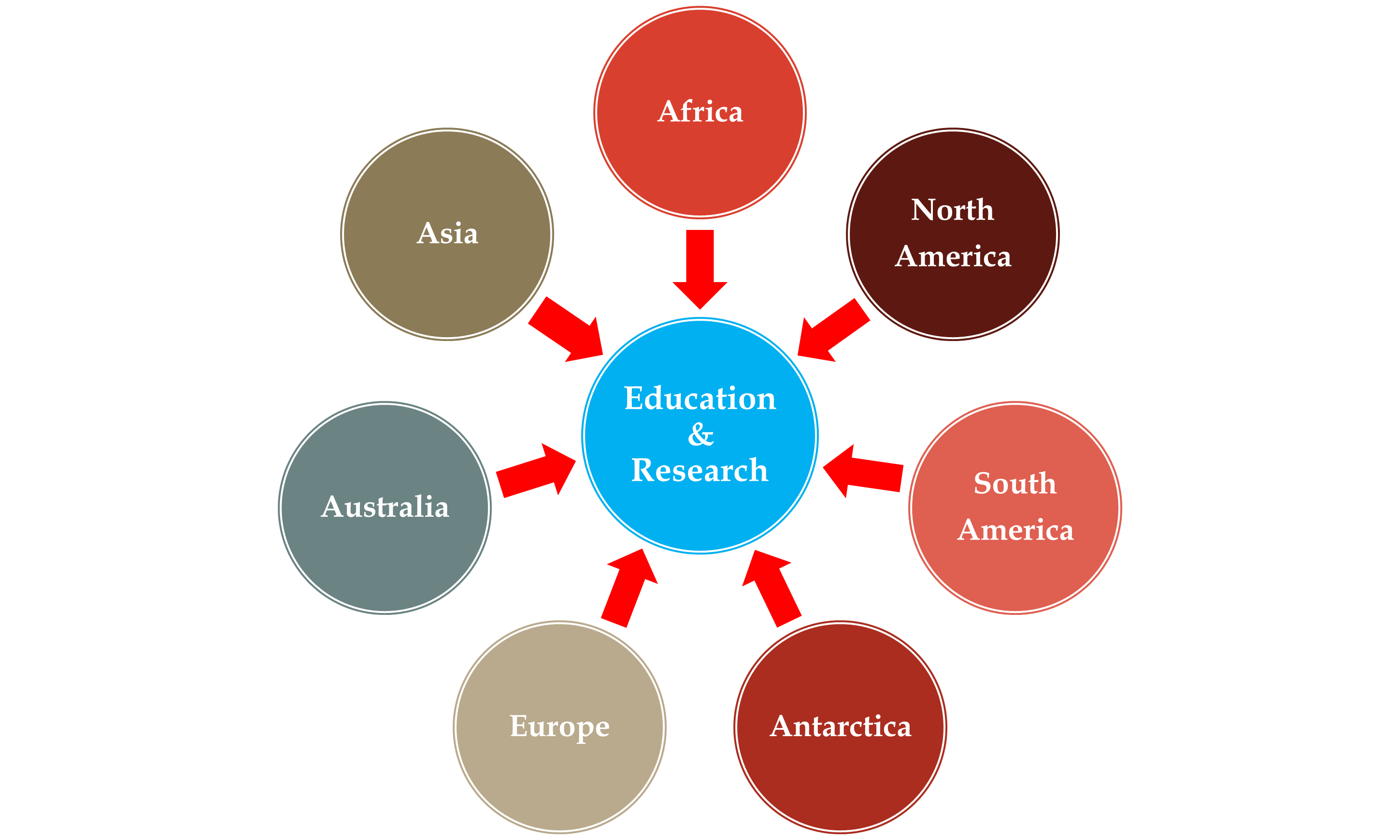Mission, History and Works of the Association
Mission
The Athens Institute is a World Association of Academics and Researchers based in Athens with a Mission to serve as a forum where academics and researchers from various disciplines and different countries can gather in small groups, akin to ancient Athenian symposiums. Here, they can exchange ideas on education and research, as well as engage in discussions about future developments in their respective disciplines, as illustrated in the two charts.


The list of forthcoming academic meetings is available here.
Athens was chosen because of its long history of academic gatherings, which dates back thousands of years to Plato’s Academy and Aristotle’s Lyceum. Both of these historic places are within walking distance from the Athens Institute’s downtown offices.
Since antiquity, Athens has been an open city. In the words of Pericles, Athens “…is open to the world; we never expel a foreigner from learning or seeing” (“Pericles’ Funeral Oration,” in Thucydides, The History of the Peloponnesian War).
Athens Institute’s mission is to revive the glory of Ancient Athens by inviting the World Academic Community to the city, to learn from each other in an environment of freedom and respect for other people’s opinions and beliefs.
After all, the free expression of one’s opinion formed the basis for the development of democracy, and Athens was its cradle. As it turned out, the Golden Age of Athens was, in fact, the Golden Age of Western Civilization. Education and (Re)searching for the ‘truth’ are the pillars of any free (democratic) society. This is the reason why Education and Research are the two core words in the Athens Institute’s name and what unites all academics and researchers from different countries and different disciplines.
History
The Athens Institute was conceived in Ottawa, Canada, in the mid-1980s and was established in Toronto, Canada, as the Athens Institute for Advanced Studies in 1990, before its statutory establishment in Athens, Greece, in 1995. After 1995, it was named the Athens Institute for Education and Research, and since 2024 it has been referred to simply as the Athens Institute.
Annual Events
The Athens Institute invites educators and researchers from the Academic Ecumene to come to Athens and engage in academic discussions on research topics in various disciplines in very small groups of academics, similar to the symposiums in Ancient Athens, such as Plato’s symposium, which took place in Athens in 416 BCE but was written about after 385 BCE. The organization of academic gatherings in Athens remains the Athens Institute’s first and foremost priority. For more information on how the Athens Institute organizes such meetings (click here). Sometimes, even the venue setting looks the same (click here). Academic members and their associates are more than welcome to organize such academic small symposiums in any scientific area of their interest. In Plato’s world, the Athens Institute’s ideal would have been to attract academics and researchers who would not have had the agony of producing publications or the anxiety of wondering how many times they may have been cited, etc. Not that all of this is not important; it’s just that Athens Institute’s mission does not serve these pious academic purposes. Our ideal member is someone who has reached an age at which they can qualify as a philosophical ‘king/queen’ or perhaps strive to become one. Of course, young academics are more than welcome to join the Athens Institute and come to Athens to ‘see and learn’. And as the youth of Sparta used to sing and perform in front of the older members of society, so can Athens Institute’s young academics and researchers inform the ‘old guard’ academics that when they grow up, they will become as wise as them. Unfortunately, we cannot provide any financial assistance or fee waivers (reduction) to support participation in our annual events. We invite “Socrates” and not “Protagoras”. Normally, it is the presenters’ institutions that provide the funding or other wealthy individuals like Agathon and Kallias. From our long experience, such funding is an additional indication and rubber-stamping of good research worthy of presentation by Ph.D. students and junior researchers. Please note that all our conferences take place every year in Athens. If you cannot make it in the current year, you can always reapply to attend in subsequent years. This has been a common practice for many of our participants in the past.
Research Collaborations
Athens Institutedoes encourage research collaborations among its academic members in research and teaching, but it is not actively involved in organizing them. This is usually agreed upon between members themselves during the Athens Institute’s annual events in Athens. Athens Institute cannot provide internal research funding. Additionally, the Athens Institute is not related to and does not collaborate with any Greek University, as almost all of its members live and work outside Greece.
Membership
Membership in Athens Institute’s community of scholars is open to all educators and researchers from around the world. Members of the Athens Institute’s Association can participate in various academic activities. For more information on how the Athens Institute organizes such meetings, click here. The current list of members is available at https://www.atiner.gr/academic-members.
Divisions, Units and Centers
Academic Members are organized into Units and Divisions. In 2017, the Athens Institute established independent Centers. Units, and Divisions each organize at least an annual small symposium or other academic events. Please note that all contributions from academic members who serve the Association in various positions (friends, regular members, heads of units, directors of divisions and centers, etc.) are strictly unpaid positions. This includes all associated costs (travel, lodging), which must be fully covered by the members themselves. In most cases, these expenses are sponsored by the members’ and friends’ host institutions, and this often includes the conference registration fee.
